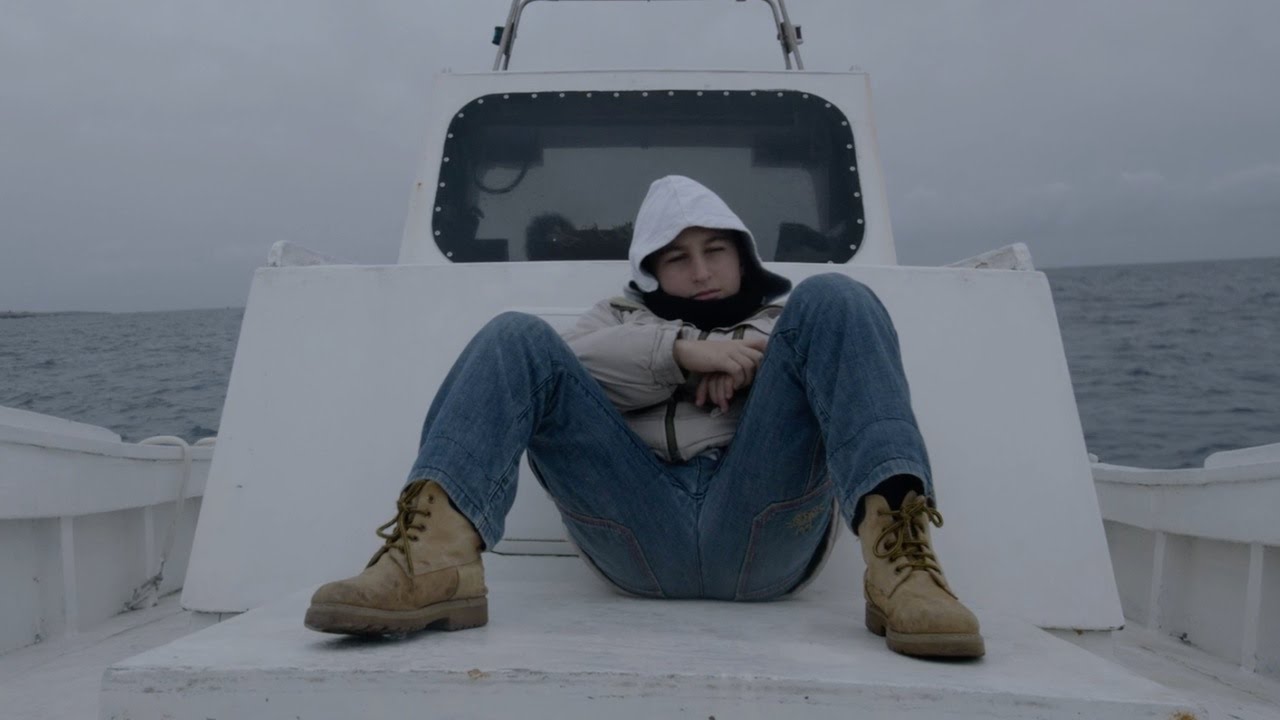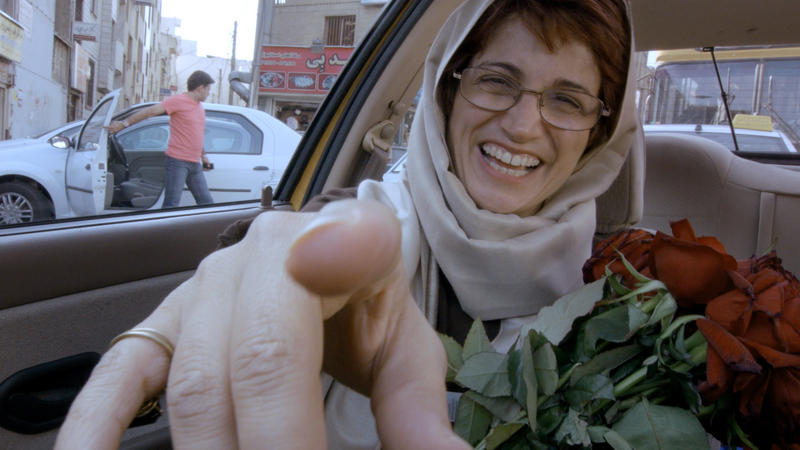
Every major film festival develops its own characteristics over time. Berlinale is an open festival, the one with the most visitors, with an average of 300 thousand tickets sold every year. Orientated toward alternative views in world cinema, it has given pace and awards to many alternative American cineastes in the 80s and the 90s. In the last decade of the 20th century, American productions were awarded six times with the Golden Bear – and most if not all of them were studio productions.
That changed dramatically with the coming of the 21st century. It was as though the juries made a U-turn and favored candidates with totally different criteria. In the 21st century, there was not even one American Golden Bear, though there were three from the U.K. It seemed that movies coming from the third world and European periphery had their field day. Directors from every cinematographically unknown corner of the world made it to Berlinale – South Africa, Peru, Bosnia & Herzegovina, and Hungary.
Apart from that – and much more important in my view – was the thematic context. Here we have both a certain exoticism combined with anthropological views, as in the case of “Tuya’s Marriage,” “U-Carmen” and “The Milk of Sorrow”; films with strong political messages, such as “Bloody Sunday,” “In This World,” “Fire at Sea” and “Taxi”; or widely social messages, such as “Child’s Pose,” “Grbavica.” Many of them are centered around women and their lives.
That did not go without consequences. While in 2001, among the films that went for competition, there were seven films from the U.S. and other well-known directors like Tornatore and Chan–wook Park; in 2018’s Berlinale, the only American director who participated for competition was Gus Van Sant.
18. Elite Squad (2008, José Padilha)
Won over: Zonca’s “Julia,” Anderson’s “There Will Be Blood” and Leigh’s “Happy-Go-Lucky”

I cannot believe, with any criteria given, that this movie won over a masterpiece like “There Will Be Blood.” Any criteria given!
All except one. It really spoke to the heart of Brazilians. It became one of the most popular films, with the word of mouth in Sao Paulo and Rio being more important for its disclosure than any advertisement. But it received harsh criticism from many other parts of the world, from people who took the confessions of Captain Nascimento as an alibi to ignore any notion of civil rights in an attempt to impose law and order in the favelas.
It is “City of God” from the other side of the mirror. From the police side. It tells the story of the Elite Squad, the ones who enter in the favelas to spread horror and death, in the name of eliminating drug dealing.
The film stays at an atrocious surface, not trying to deepen or understand. Nascimento is a linear hero: he stays brutal from the beginning to the end, never questioning what he is doing. Matías, on the other hand, develops as a hero, becoming more and more brutal and losing any sensibility he showed in the beginning. His destroying of the student’s protest march is emotionally inexplicable and politically unstable.
Really interested to learn what the Brazilians liked about this movie. And the criteria of Berlinale’s Jury!
17. Black Coal, Thin Ice (2014, Yi’nan Diao)
Won over: Demange’s “71,” Resnais’s “Aimer, Boire et Chanter,” Linklater’s “Boyhood” and Anderson’s “The Grand Budapest Hotel”

A dark Chinese neo-noir, set in an indifferent town somewhere in the vast Chinese mainland. A depressing cinematography full of grays, yellowish ochres and coal black. And a lot of snow.
A strange story of murders. Members of human bodies are disgustingly found in piles of coal in factories throughout the region. A police detective and his ex-assistant, an alcoholic who serves now as security guard, try to solve the mystery connecting it with a previous unsolved case. All evidence leads to a mysterious widow who works in a laundry. The ex-cop approaches her and try to learn her secrets, fatally attracted to her.
The film definitely has some virtues. His dark and ugly urban landscapes are contrasted with the astonishing beauty of surrounding nature; the city gains light at the end by a jet of fireworks that, though fascinating, become dangerous.
The original title of the movie, given by Diao, was “Daylight Fireworks,” which, according to him, referred to the realm of fantasy, whereas the English title to the one of reality. The plot is interesting, though it could have been better explored. The outcome, however, is uneven, not one that could justify a Golden Bear.
16. Fire at Sea (2016, Gianfranco Rosi)
Won over: Grandage’s “Genius,” Benattia’s “Hedi,” Vinterberg’s “Kollektivet” and Hansen’s “Lǿve L’Avenir”

Documentaries are a different genre than feature films. And they should run in different competitions, I believe.
“Fire at Sea,” the 2016 Golden Bear winner, treated the topic that most shocked and perplexed European societies in previous years. The seas and the shores of the Mediterranean witnessed a biblical, one may say, human disaster.
Millions of people coming from Asia and Africa, fleeing famine and war, crowded in dangerously small boats, trying to cross the frontiers of the Promised Land. For all of us who experienced it, the exodus will haunt us as the biggest challenge to our way of living and thinking.
However, this movie has little to do with intimacy. The author undeniably wants to awaken the consciousness of people around the world and spread the word about what is happening in the Mediterranean Sea, but he sticks to the documentary way of describing the arrival of immigrants and their reception by Italian authorities and people in some well-shot but far from artistically creative screens, not letting us identify and sympathize with any of its numerous heroes.
15. Taxi (2015, Jafar Panahi)
Won over: Haigh’s “45 Years,” Jude’s “Aferim,” Jacquot’s “Journal d’une femme de chambre,” Schipper’s “Victoria,” Malick’s “Knight of Cups,” Herzog’s “Queen of the Desert,” Greenaway’s “Eisenstein in Guanajuato,” Guzman’s “The Pearl Button”

“Nothing can prevent me from making films since when being pushed to the ultimate corners I connect with my inner self and, in such private spaces, despite all limitations, the necessity to create becomes even more of an urge.”
Panahi deserved the Golden Bear just for this phrase, though he was competing with several good – better – movies. Banned from making films by the Iranian government, he improvises and sends to Berlin – and the rest of the world – the message that one should pursue their goals no matter the difficulties.
So he filmed a new version of Kiarostami’s “Ten,” with him in the taxicab through the streets of Tehran, letting various men and women board and have uninterrupted talks about almost everything: the death penalty, testaments, the ability goldfish have to give life, the difficulties of a human rights lawyer to exert her profession and defend a young British-Iranian women’s rights activist, the rules imposed on Iranian filmmakers as they are relayed by his 10-year-old niece, who wants to be a director like her uncle.
The charming figure of Panahi in interaction with a series of anonymous amateurs who ‘candidly confide’ to him help us penetrate into Iran’s capital inner life, with its challenges and contradictions. It is both a protest against the theocratic, authoritative state and a mosaic of stances and beliefs in modern Iran.
14. The Milk of Sorrow (2009, Claudia Llosa)
Won over: Farhadi’s “About Elly,” Bouchareb’ s “London River,” Ozon’s “Ricky,” Wajda’s “Tatarak” and Moverman’s “The Messenger”

Coming as if to complete the previous film, this Peruvian-Spanish movie tells the story of Fausta, a young indigene whose mother was raped during the more than 30-year civil war between the guerrillas of Sendero Luminoso, a leftist group, and the Peruvian state army. As towns and villages of the Cordillera were the ones that mostly suffered the consequences of this disastrous war, many villagers fled to Lima and populated the arid hills around the city, building their slums.
Fausta has inherited her mother’s fear of men and rape – they say it is transmitted by the milk – and she puts a potato in her vagina so that no one can rape her. As the potato decays, it causes her various health problems, but she stubbornly refuses to undergo an operation. At the same time, she tries to find money to take her deceased mother back to their village and bury her.
Focused on the traumatic experiences of women, who are the worst victims in every war, the director casts a piercing look at life in the favelas with their native population, their culture (the scenes of the marriages are revealing) and everyday difficulties, in a movie that balances between ethnographic narrative and psychological portraying. She also focuses on their relationships to the white ruling minority, such as the relationship Fausta has with her mistress, a well-known pianist who ends up stealing Fausta’s songs.